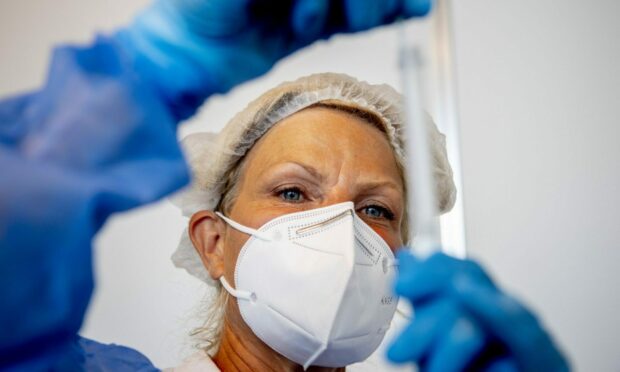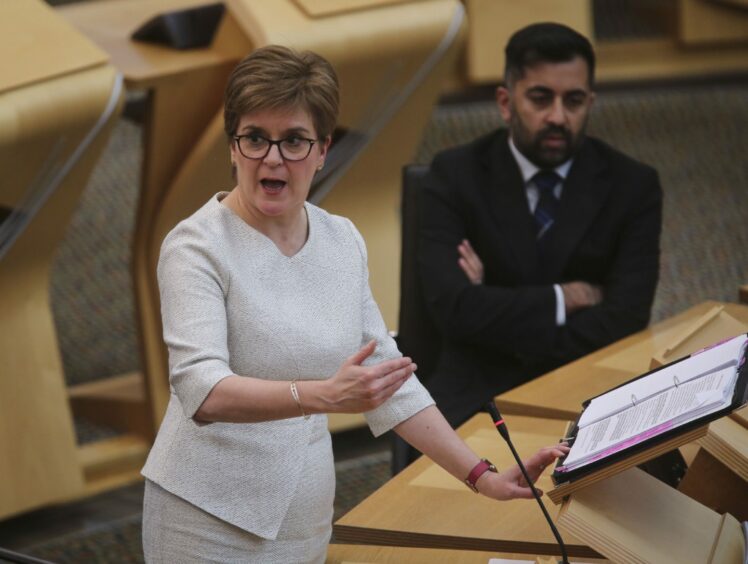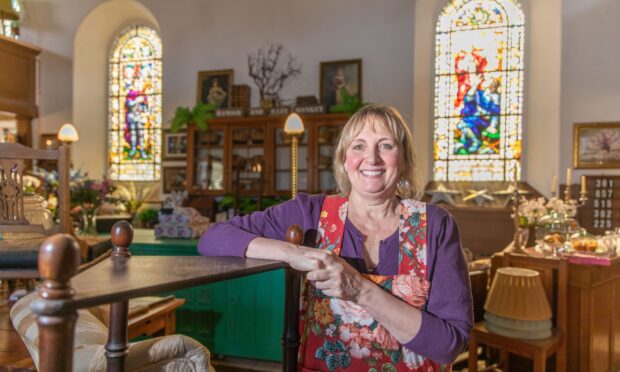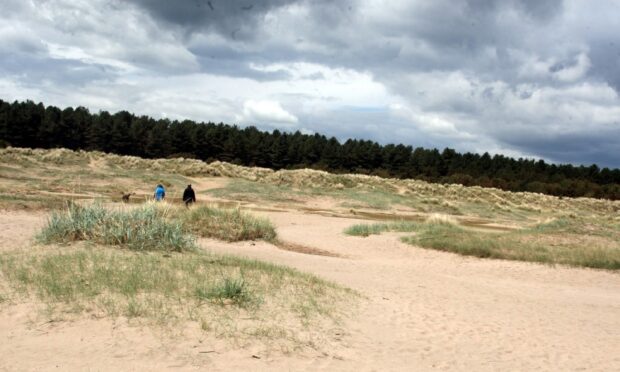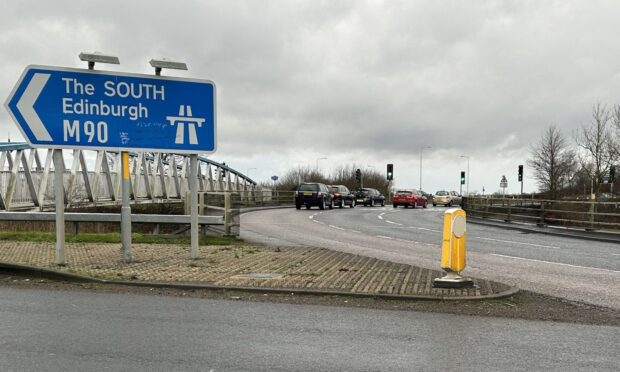Fife recorded 21 deaths linked to Covid-19 last week – the highest number in Scotland.
National Records of Scotland data shows that in the seven days leading up to Sunday, a total of 130 deaths were registered where coronavirus was mentioned on a death certificate.
This includes deaths where the virus was either confirmed through a test or identified as probable by medics.
Fife records most Covid deaths in Scotland
It means that under this measurement, a total of 11,538 people have now died from coronavirus in Scotland.
Figures show that after Fife, North Lanarkshire and Glasgow City recorded the most Covid-related deaths last week with 15 an 14 respectively.
This compares with four deaths in Dundee, three in Angus and one in Perth and Kinross.
Of those deaths in Scotland, 20 were in people under the age of 65.
The NRS data shows 32 deaths were recorded int he 65-75 age group. The majority, 78, were in people aged 75 or over.
A total of 76 deaths were male, and 54 were female.
More than 100 coronavirus-related deaths took place in a hospital while eight were in a care home and 14 were at home.
Pete Whitehouse, NRS director of statistical services, said: “The latest figures show that last week there were 130 deaths where Covid-19 was mentioned on the death certificate. This is 11 fewer deaths than the previous week.
“The number of deaths from all causes registered in Scotland in this week was 1,314, which is 252, or 24, more than the five-year average.”
It comes after Nicola Sturgeon said that despite a slight increase in cases in recent weeks, there will be no change to the current coronavirus public health measures.
But the first minister warned that the NHS and social care systems are under strain during an update to parliament.
She said: “The entire health and care system is currently under considerable pressure – arguably more pressure than at any previous stage of the pandemic.
First minister warns of increased Covid strain on NHS
“Across the country hospitals are at, or close to, capacity. These pressures are likely to intensify during the winter.
“We know that with people meeting indoors more often – or travelling by public transport rather than walking – there are more opportunities for Covid to circulate.
“This could lead to a further rise in cases.”
